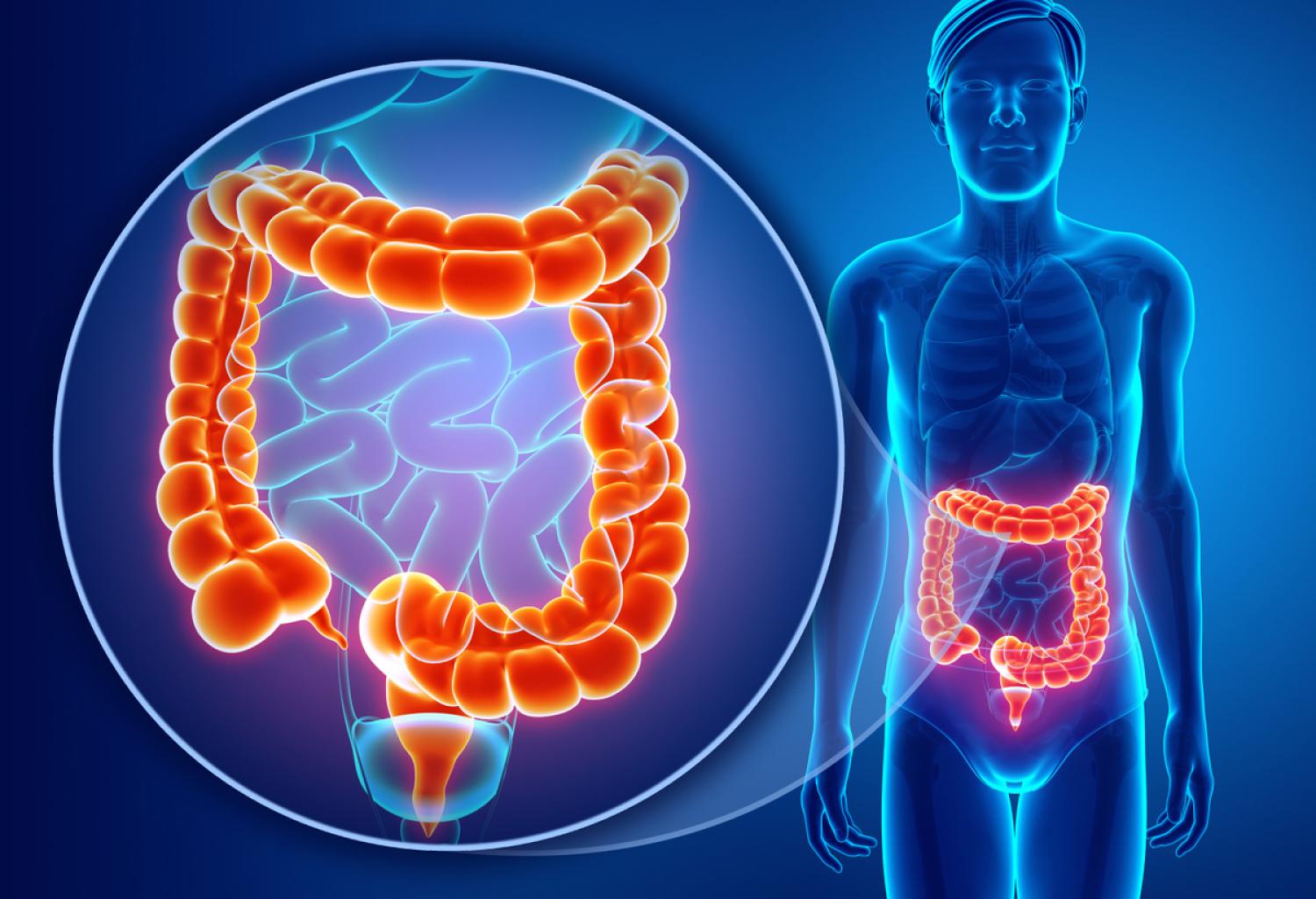Endoculus technology offers efficient and pain-free colonoscopy procedures

Background
Researchers at the University of Colorado Boulder have developed a novel design for a multi-DOF sensor-enabled robotic capsule endoscope (RCE) for colonoscopies. Colonoscopies grant physicians the ability to visually diagnose, biopsy, and administer therapeutics during a single procedure, making them the gold standard method of diagnosis and intervention for a wide array of lower gastrointestinal (GI) diseases, including colorectal cancers (CRCs). This technology, termed Endoculus, allows for a low-risk, painless, and cost-efficient colonoscopy procedure. These technology improvements to the colonoscopy procedure could lead to increased rates of screening and fewer CRC-related fatalities.
Technology
The Endoculus operates by using micropillared polydimethylsiloxane (PDMS) timing-belt style treads to successfully gain traction on the slippery colon mucosa. The Endoculus also features a custom “double-worm” drive that removes axial gear forces while reducing radial moments. The full parameterization of gear geometries allows for RCE minimization via an optimization routine over the design constraints, while two independently controlled motors drive micropillared treads above and below the device, allowing for 2-DOF skid-steering even in a collapsed lumen.
Advantages
- Painless colonoscopy procedures
- Time and cost-efficient colonoscopy procedures
- Lowers risk of colon perforation and tissue damage
Future Applications
Validation of in vivo feedback control, localization and mapping algorithms
What's Next?
Available for exlcusive or nonexclusive licensing
Nicole Forsberg: nicole.forsberg@colorado.edu
The Newsroom
For marketing and communication inquiries or news tips, contact Daniel Leonard, senior marketing and communications specialist for Venture Partners at CU Boulder.
For media inquiries, please visit colorado.edu/news/formedia.


